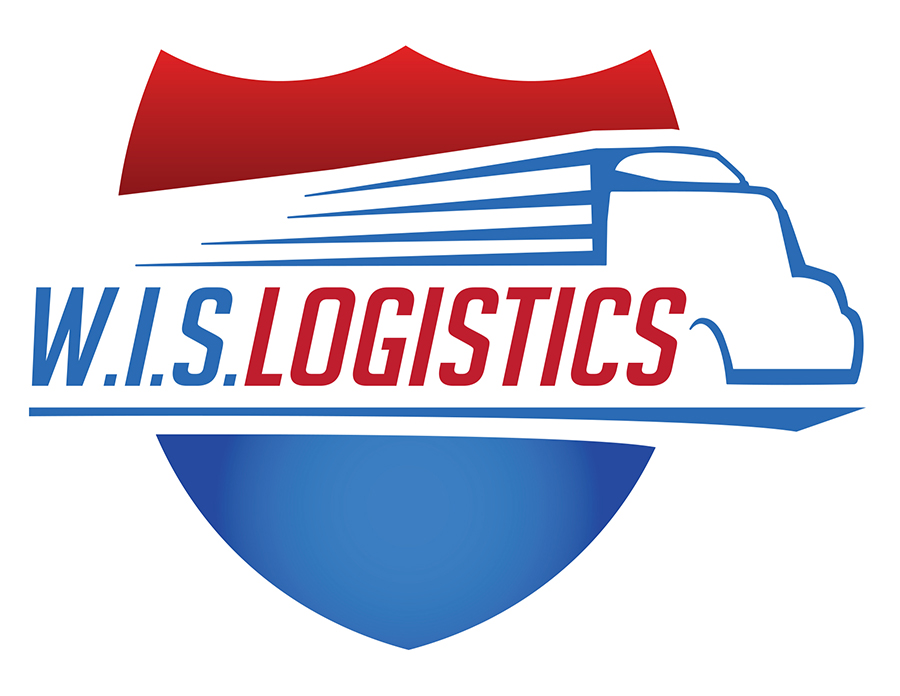Over the last year, auditing freight bills has been like a comedy club punchline. It’s so ridiculous, you have to laugh! In the past we have all received the appointment charge for the appointment that never happened; or, the sort and segregate charge for the one item in a box. We are now at a whole new level of accessorial and inspection charges. First, the reason behind this new level is simple: supply and demand. Unlike 2009 through 2012, there is a very high demand on truck, airplane, and boat space and very little supply. There are three reasons for the short supply:
- The Great Recession caused thousands of trucking companies to go out of business.
- Carriers are apprehensive about purchasing new equipment because they are still recouping from the recession.
- Even if there was equipment, there probably wouldn’t be a driver to put into the truck. While we haven’t seen the full affect, there is a major driver shortage that isn’t going away any time soon. Read why the driver shortage is trucking’s top challenge http://fleetowner.com/fleet-management/stifels-larkin-driver-shortage-and-will-stay-trucking-s-top-challenge
Then add the economy getting better, and you have tons (literally) of freight needing to be shipped and no capacity to do so. Thus, the carriers are in control. They need to regain their losses from the recession and capitalize on this window of opportunity. As a manufacturer you must protect yourself from these charges, but asking that everything be waived is probably not a solution that will work for most shippers; at least not until after 2016 when the driver shortage will hit its peak.
Five things to keep in mind:
- The NMFC is a living document, you must look at the NMFC codes you are using and verify they are still valid. If you are disputing a carrier’s findings, a great resource is the CCSB (Commodity Classification Standards Board) who will give you a ruling. If they agree with you, I have yet to meet a carrier who won’t comply.
- Density is king! While we still have the NMFC, the industry is more and more dependent on density and the rules regarding density are getting more and more complex. Whether you are shipping or receiving product, if you are paying the freight bill it is beneficial to regularly look at the density and size of the product to insure your pricing is in line with what you are shipping.
- Lastly, if you are inspected and they re-weigh your density based items; make sure the carrier changes the class. This is the scenario where the carrier wants to have its cake and eat it too. They are all too willing to reweigh your product from 100# to 2000#, but don’t always adjust the class accordingly. Verify the PCF and let the carrier know. They will correct it.
- Accessorial prices are rising. I have one LTL carrier who charges $47 for an appointment! The idea with these type of expenses is to know what you need, how much you need them, and don’t waste your negotiating power on things you don’t need. Instead of $47, offer $10. Carriers are much more willing to do that, than to just waive all accessorials.
- If you are inspected, and found to be wrong, most carriers will now charge you for the privilege. They do have to pay for all of these inspectors. With scales on forklifts and plenty of inspectors, you can be assured your freight will be looked at and weighed. The easiest way to avoid these charges is to be correct with your weights, and list the NMFC number on your bill of ladings.
Thus, if you have been re-classified, re-weighed, and then charged for the privilege or charged for truck ordered not used in the common carrier market, you are not alone. Understanding the current market, and using that position to negotiate is the best way to protect your business.
